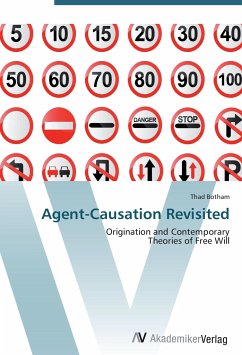Revision with unchanged content. In the last three decades the numbers of women working in the workforce have increased considerably. Of course successes do not come without challenges. This study examines one of those challenges: the implemented strategies and the influential situational factors that impact how executive women are heard by their male colleagues in the workplace. Self-efficacy, women s adult development theory, and mentoring theory informed the design of this explorative descriptive study. The research design used study participants reactions and perceptions to a video of a 30-second vignette depicting a board meeting in which a woman executive interacts with men colleagues who ignore her suggestions for improving a company s status. In addition, respondents completed semi-structured interviews and a pencil-and-paper assessment of self-efficacy. Qualitative responses to the vignette and interview revealed nine strategies among the women. Fifteen of the study participants found situational factors to be influential. The general self-efficacy scale showed that the study cohort, as a group, achieved an overall higher mean score than that of the average score on the general self-efficacy scale. The use of multiple strategies, strong perceived self-efficacy, and a mentor appear to be influential in helping executive women feel they are heard by their male colleagues in the workplace.
Hinweis: Dieser Artikel kann nur an eine deutsche Lieferadresse ausgeliefert werden.
Hinweis: Dieser Artikel kann nur an eine deutsche Lieferadresse ausgeliefert werden.








